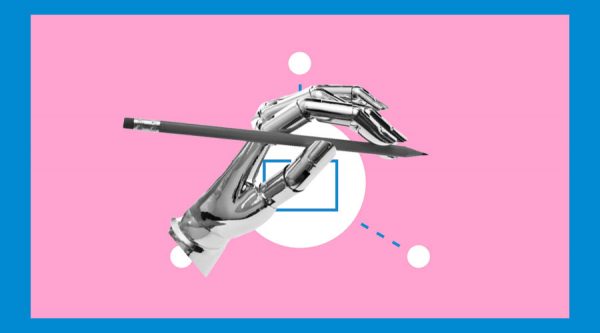One of the biggest problems for an overpopulated developing nation like India is road safety. Many negligence and infractions of traffic laws occur on Indian roads, which may or may not be the cause of minor and severe accidents. Hence, maintaining a robust monitoring program is important for ensuring road safety.
Almost 1.5 lakh people die in India’s annual 5 lakh road accidents. These figures are among the highest in the entire planet.
“The integration of humans and technology is the need of the hour to solve key societal problems and provide ease of living to citizens,” according to the Honorable Prime Minister of India, Narendra Modi.
Below are a few of the most important artificial intelligence (AI) initiatives of India’s state governments for improving traffic laws and road safety.
Road accidents to be cut in half by 2024 thanks to AI camera surveillance: The Kerala government intends to put key roadways in the state under the watchful eye of AI-based cameras. Safety experts claim that after the program assesses the infringement of the traffic laws, effective enforcement of the rules might begin. The penalties will thereafter be imposed automatically. The video will be sent instantly to the server of the central government after the model has recorded the violation of the traffic laws.
Statistics show that accidents claim more than 150,000 lives in India each year. Additionally, the state of Kerala and other states each report about 450,000 car accidents each year, with the nation as a whole bearing a fair portion of the responsibility.
An AI-enabled traffic management system is unveiled by Bangalore traffic police: Traffic offences will be detected by AI-enabled cameras, which will then send SMS challans to mobile devices. The goal, according to the special commissioner of police, is to send automatically created challans to violators and automatically detect traffic offences in a contactless manner. The ITMS uses AI and ML to automatically identify traffic infractions.
Intelligence Traffic Management System (ITMS): The Delhi Police has implemented the AI project known as Intelligence Traffic Management System (ITMS). According to the proposal, the Delhi Police will utilize a gantry-mounted radar-based system to detect over speeding and a 3D radar-based Red-Light Violation Detection Camera (RLVD) system at 24 crossroads throughout Delhi to monitor red-light violations.
The system consists of sensor-based real-time traffic volume count technologies and 7,000–8,000 high-resolution cameras. Based on an examination of the visual patterns, these cameras have multidirectional infrared and colorless laser sensors that can count the amount of traffic. An IP-based public address system is included into each signal, which can be used to address the drivers.
irate for road safety: A consortium headed by INAI and working with the Department of ITE&C, Telangana’s government, and TSRTC conducted the project. Since being established as a part of the Telangana Year of the AI initiative, INAI (Applied AI Research Centre) and IHub-Data (TIH and NM-ICPS) at IIIT Hyderabad have made noteworthy advancements in the focus domains of Mobility and Healthcare. Road safety is approached using a Safe Systems approach by Project iRASTE (intelligent Solutions for Road Safety through Technology and Engineering). 200 buses will be added to the project after a successful initial phase that included 14 buses.
KSRTC will use AI to increase traffic safety and driver effectiveness: The AI-based technologies used by the Karnataka State Road Transport Corporation (KSRTC) are intended to reduce traffic accidents and enhance passenger safety in buses. The corporation recently announced a tender for the installation of an AI-powered Collision Warning System (CWS) and Driver Drowsiness System (DDS) for 1,044 buses, according to an article in the Times of India. In addition to generating real-time alerts, CWS will include features including Forward Looking Collision Warning (FLCW), Lane Departure Warning (LDW), and Virtual Bumper.
Road deaths in India could be decreased by using predictive AI, according to the government of India’s project iRaste. In cooperation with the Nagpur Municipal Corporation, the initiative was piloted in Nagpur, Maharashtra. Collision avoidance technology will be placed in NMC vehicles to cut down on collisions and near misses by up to 60%. Sensors will assess the dynamic risk of the Nagpur road network to assist agencies in preventing and repairing accident-prone areas, often known as “black spots.”









